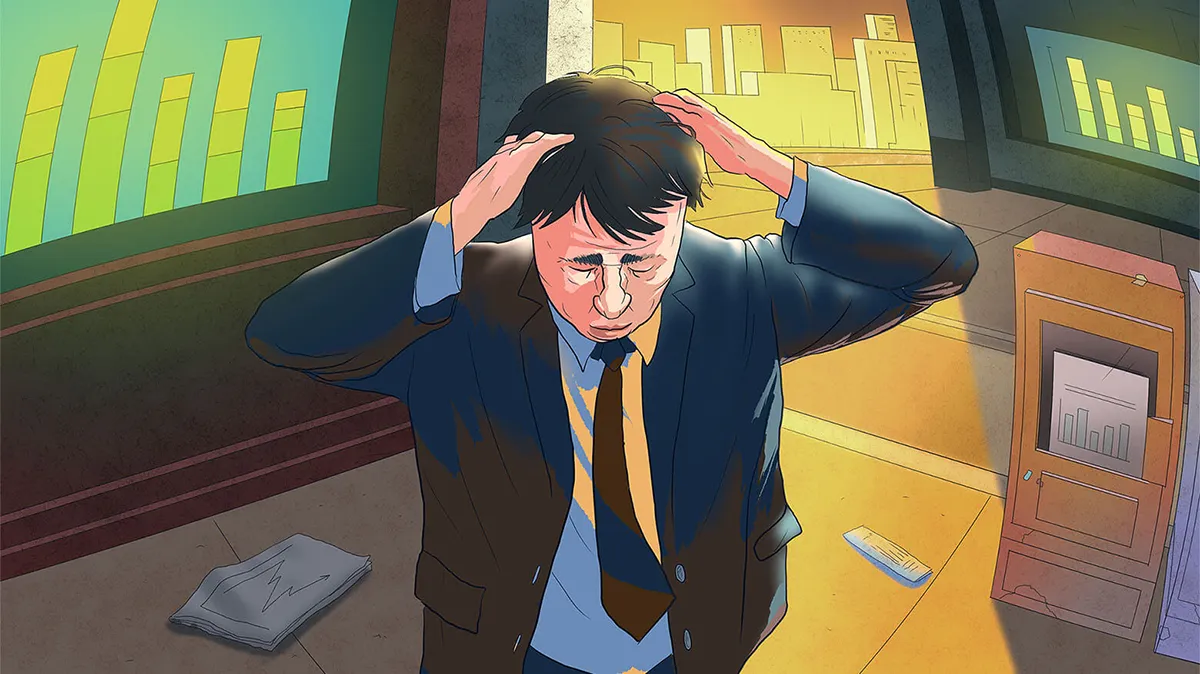I’ve been asked by many readers and some clients for my thoughts on the economy and recession.
As I am typing this, I’m thinking about how much ink I should be spilling on writing about the recession and how much time we, as investors, should be allocating to thinking and worrying about it.
Firstly, our ability to predict it is very limited – the economy is a complex system and thus incredibly difficult to forecast. Don’t believe me? The Federal Reserve employs a few hundred PhDs who stare at economic data 24/7 and they have yet to get it right, even once.
Secondly, recessions are not a death sentence to the economy but a natural, transitory phase.
This brings me to the third and most important observation: Time is the currency of life, and attention is how we choose to allocate this currency. As an investor, I can spend most of my day fidgeting, spending my time trying to predict the unpredictable and invest as if, at some point (I don’t know when), our portfolio will encounter a recession. Yes, earnings of some businesses will temporarily decline and then come back. Their stock prices may decline as well. But the value of the businesses, if we have done our analysis right, will not really change much. Recession – a temporary decline of cash flows – is a tiny blip in the stream of discounted cash flows.
There are three versions of ourselves: what people think of us, what we think of ourselves, and who we actually are. There is a saying, “Don’t tell me what you care about, show me how you spend your time.” We are at peace when who we think we are and who we actually are largely overlap. We are even more at peace if the two overlap in the version we’d like to be. We cannot really control what others think of us. The only thing we can do is to behave according to our values; but again, we should not tie our happiness to something we cannot control.
If you want to discover who you truly are, look at how you spend your time. If you are telling everyone and yourself, “I am a long-term investor,” but your daily attention is preoccupied with predicting and trying to avoid the next recession, then something has to change.
By the way, the above applies to many parts of our lives.
If you are interested in reading my latest thoughts on the economy, recession, the housing market and the stock market, here is what I wrote on these topics over the last twelve months. My thinking has not really changed much since.
Check out these articles:
The Stock Market, The Economy, Possible Outcomes, How to Invest
Stock Market Roller Coaster: Prepare for a Decade or Two of Disappointing Returns!
Why non-transitory recession is coming and how to face it as an investor
Are housing prices about to drop? A value investor’s take
Key takeaways
- Your thoughts on the economy and recession prediction are tempered by the recognition that such forecasts are incredibly difficult, even for experts like Federal Reserve economists.
- Recessions are viewed as natural, transitory phases in the economic cycle rather than catastrophic events, which influences your approach to investing.
- You emphasize that focusing too much on predicting recessions can be a misallocation of time and attention for investors, as the long-term value of well-analyzed businesses shouldn’t change significantly due to temporary economic downturns.
- Your thoughts on the economy extend to a philosophical reflection on how we spend our time, suggesting that true long-term investors shouldn’t be preoccupied with short-term economic fluctuations.
- You encourage readers to align their actions with their stated investment philosophy, noting that constantly worrying about the next recession is inconsistent with a long-term investment approach.









When we stop caring about what other people think about us, we start to live. It’s a natural tendency that we MUST destroy.